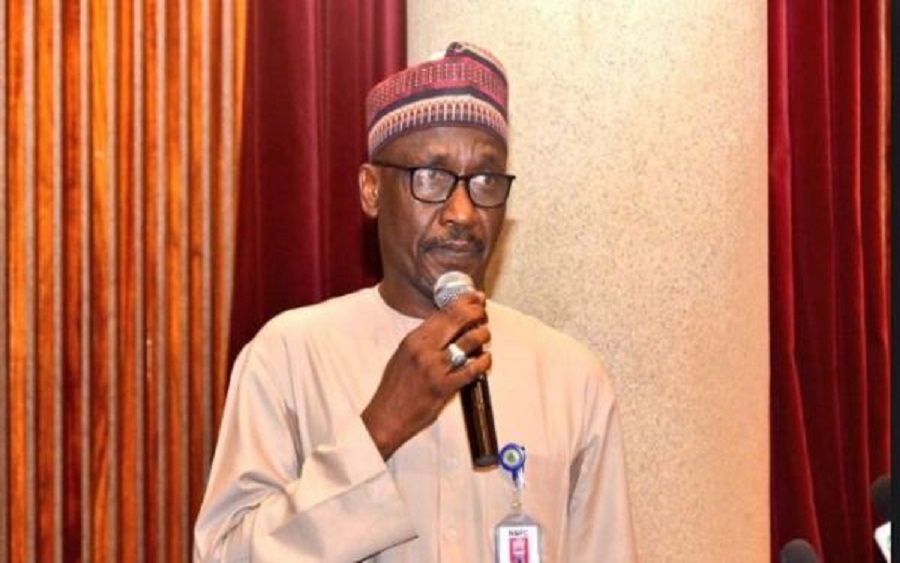Latest data released by the National Bureau of Statistics (NBS) showed that importation of petroleum or Premium Motor Spirit (locally referred to as petrol) declined by 11% to 1.46 billion litres in September from 1.64 billion litres in August while diesel fell by 15% to 323 million litres in September from 378 million litres in August.
We believe the decline in the importation of the petroleum products was largely supported by the partial closure on August 22 of the nation’s land borders with neighbouring countries such as Benin and Niger, as a way of combating smuggling of illegal imports into and out of the country.
According to Nigerian National Petroleum Corporation (NNPC), smugglers of PMS divert about 10 million litres of the commodity on a daily basis and sell to neighbouring countries. NNPC also stated that the smuggling of the product was costing the nation about N2bn daily.
We believe the price differential between the price of PMS in Nigeria and its neighbouring countries provides opportunities for arbitrage, resulting into smuggling of the product. We highlight that the Group Managing Director of NNPC, Mele Kyari once disclosed that the N145 per litre fuel price regime in Nigeria runs against the N350 per litre in many other West African countries.
In another desperate attempt to curb smuggling of petroleum products, the customs authorities recently banned deliveries of petroleum products to stations within 20 kilometres (12 miles) of the nation’s border. This has resulted in a spike in the price of PMS along Nigeria’s land borders, following the closure of several fuel stations.
[READ MORE: Nigeria’s infrastructure gap: Too little too late?]
In our opinion, the arbitrage opportunity created by government through the fixed pricing regime of petroleum products remains the key driver of smuggling of petroleum products. Hence, we think fiat policies like the closure of the border will at best have a positive impact in the short term with the attendant cost being borne by the citizens.
Based on the pricing template released by the Petroleum Products Pricing Regulatory Agency (PPPRA), the exchange rate factored into the landing cost of PMS was between N280 and N285/US$ when petrol pump prices were hiked by c.8% from N87/litre to N145/litre in May 2016. Since then, the local currency has depreciated by c.27% while oil prices have also strengthened.
This has made it unprofitable for independent oil marketers to import the product since they can’t sell above the fixed price of N145/litre despite incurring higher landing cost. Consequently, government has been forced to step in to prevent shortage of the product by making NNPC the sole importer of the product. The presence of an arbitrage opportunity coupled with the fact that local oil marketers can still get the product at a subsidized price from NNPC suggests that smuggling activities may not be completely eradicated.
In our opinion, we believe the strategies to curtail the smuggling of imported products should be better coordinated and more importantly should be part of a comprehensive reform package that encompasses deregulation of the downstream sector, local refining of crude oil into PMS, strengthening border controls and eliminating spending on petrol subsidies.
________________________________________________________________________
CSL STOCKBROKERS LIMITED CSL Stockbrokers,
Member of the Nigerian Stock Exchange,
First City Plaza, 44 Marina,
PO Box 9117,
Lagos State,
NIGERIA.
